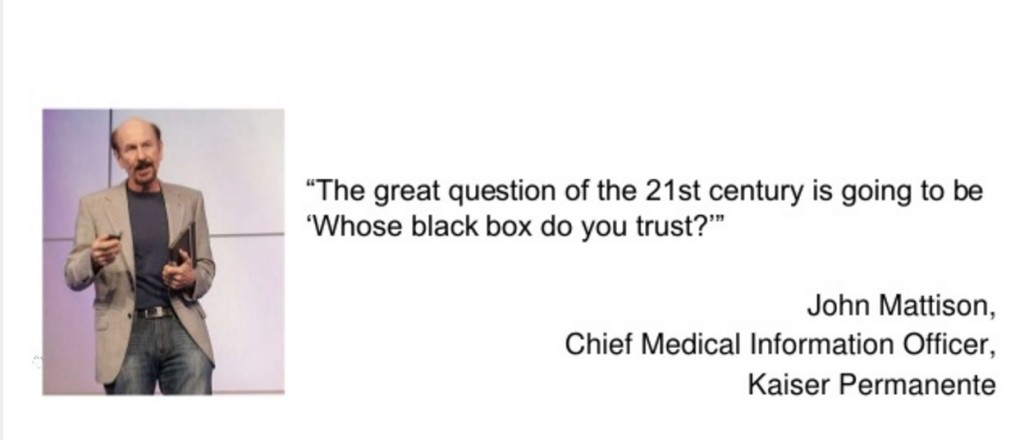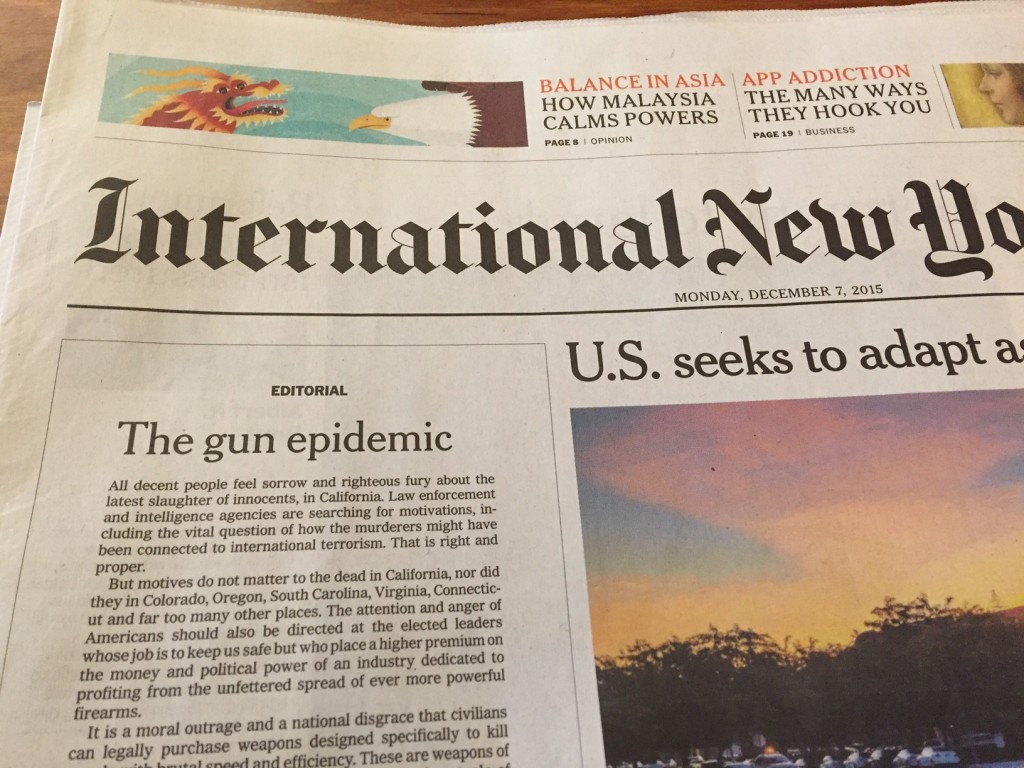This morning’s Observer column:
A euphemism is a polite way of obscuring an uncomfortable or unpleasant truth. So pornography becomes adult entertainment, genocide becomes ethnic cleansing, sacking someone becomes letting him (or her) go. People pass away rather than die; toilets become rest rooms; CCTV cameras monitor public and private spaces for our comfort and safety; and shell shock evolved into battle fatigue before finally winding up as post-traumatic stress disorder – which is really a way of disguising the awkward fact that killing people in cold blood can do very bad things to your psyche.
The tech industry is also addicted to euphemism. Thus the ubiquitous, unfair, grotesquely unbalanced contract which gives an internet corporation all the rights and the user almost none is called an end-user licence agreement. Computers that have been illegally hacked are “pwned”. The wholesale hoovering-up of personal data by internet companies (and the state) is never called by its real name, which is surveillance. And so on.
But the word that is most subverted by the tech industry is share…



